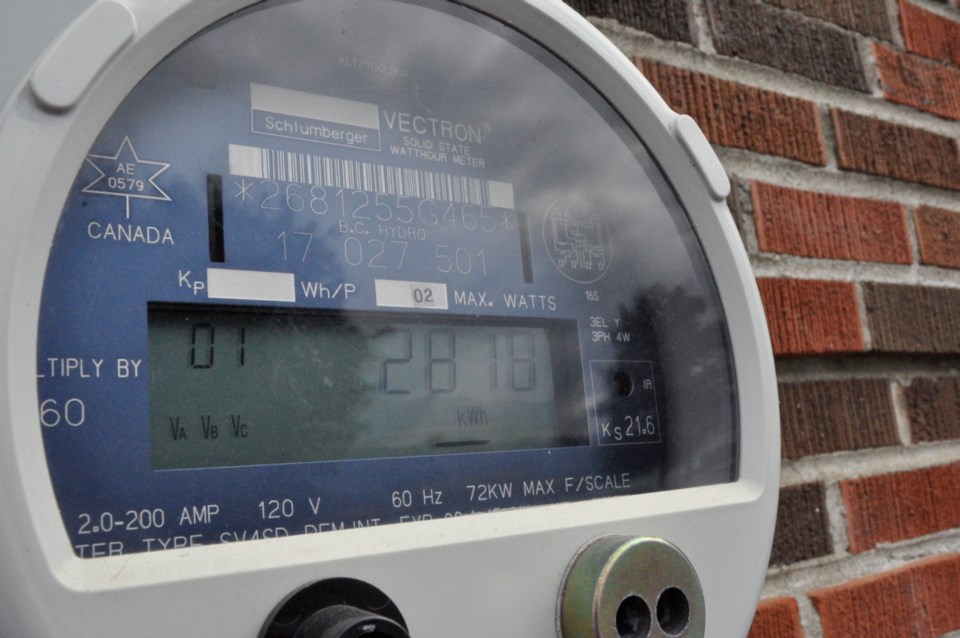In B.C., we need a dialogue and education about our power-generation system. Sadly, Gwen Barlee’s commentary (“Private power projects damaging a B.C. legacy,” May 15) does not make a positive contribution.
B.C.’s electricity need for residential, commercial and industrial uses is growing; from what fuels should this generation come? All natural-resource development activities have impacts. It is unfair for Barlee to single out and vilify run-of-river hydro produced by the private sector.
Today, 58 small hydro projects are providing power to B.C.’s electricity grid, and another 15 are under development. Beyond these, there are no others in the queue and will not be without a competitive power call from B.C. Hydro, based on its load forecast and its integrated resource plan, which must be approved by the government.
We are blessed to have the B.C. Hydro legacy system of dams and transmission lines, but it is not benign on the environment, especially for fish. We have all paid for these developments and they have come at great cost — ask B.C.’s First Nations.
Private-sector power generation is not going to be the demise of B.C. Hydro, but it is true that the $10-billion Crown corporation has a $17-billion debt problem. Private power is a relatively small part of these debts. The major contributing factor is the need for B.C. Hydro and the government to replace aging infrastructure (e.g. Ruskin, John Hart and other facilities) — and for this we can blame Socreds, NDP and Liberals. No government has wanted to deal with the issue because of the impact on electricity rates, which must go up. Billions need to be spent, but for very few new incremental electrons.
B.C. Hydro has entered long-term contracts with private-sector power producers, forest and pulp-and-paper companies and mining companies for new power. In the case of private-sector generators, the rate paid is market rate (when contract awards were made) which is guaranteed for the 20- to 40-year term of the contracts. What Barlee fails to mention is that the power is not paid for until it is delivered and the contractor bears all the risks for non-delivery. From B.C. Hydro’s 2012 annual report, the price paid for private power was just under $68 per kilowatt-hour.
Barlee’s use of the $10 kW/h spot market price is specious — the spot market, by definition, is extremely variable. During the past year, there has been a surplus of power on the spot market and the prices have generally been low. But the price has been creeping upward — consider California, where it has hit $60 per kWh at times as the spectre of a possible dry year is a reality.
This week in Alberta’s deregulated market, there was a point when the spot price was $500 per kW/h.
Is the point of Barlee’s commentary an ideological push to use environmentalism to try to eradicate the private sector from power generation with no logical rationale? My offer to her and other critics is: We have enough societal issues to deal with — can we find ways to work together in partnership in both the private and public sectors?
What is needed is a commitment by governments, the educational system and the private sector to increase the level of knowledge and understanding of its citizenry about the power system in B.C.
Paul Kariya is executive director of Clean Energy B.C.



